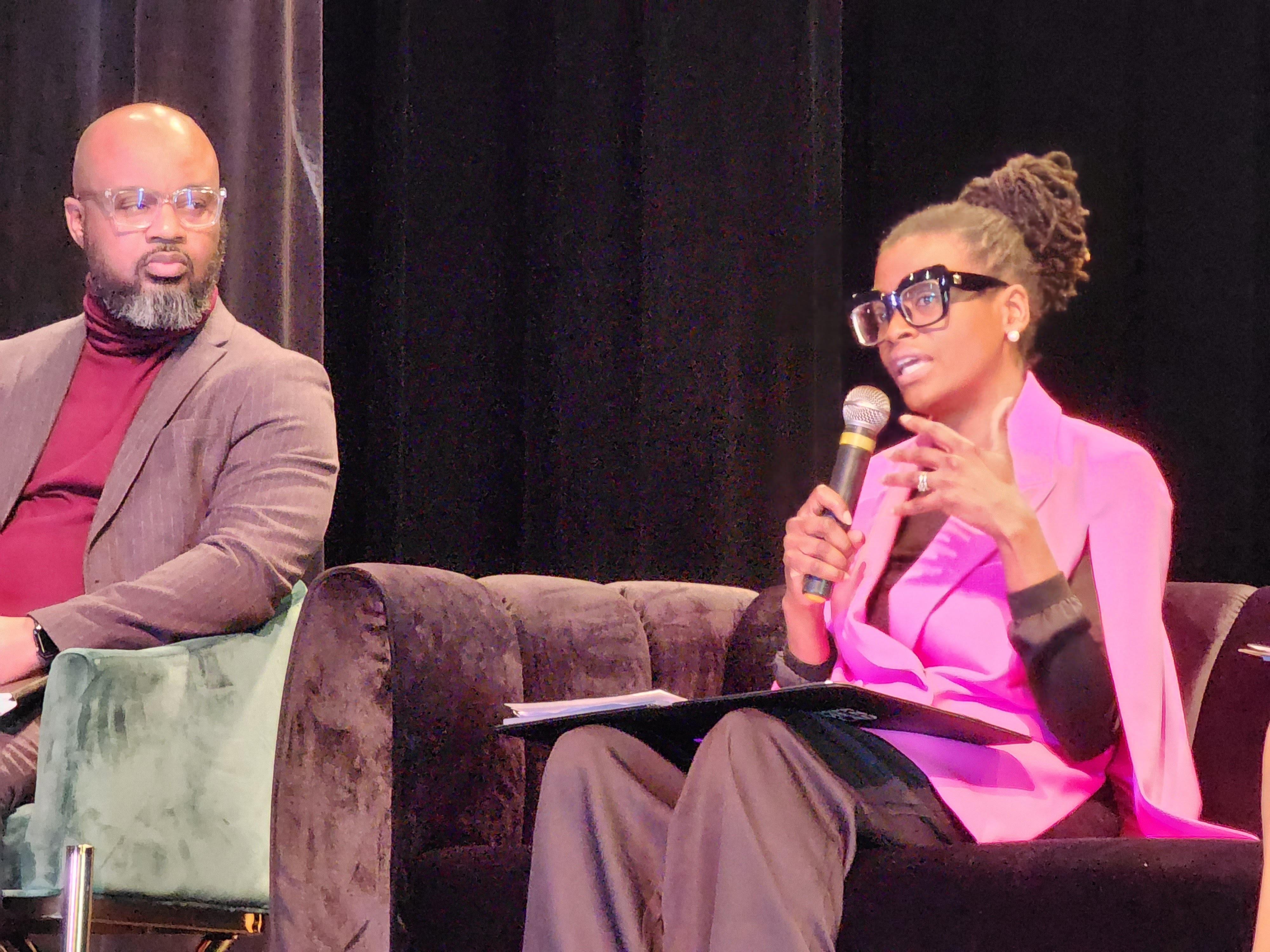Women make around 82% of what men make in the same job according to a recent national study by Pew Research. The Equal Pay for Equal Work act of 2022 was passed by the Mississippi legislature to address the state’s lack of an equal pay bill. But the Mississippi Black Women’s Round Table says lawmakers need to remove language that carves out several exceptions for wage discrimination. Executive Director Cassandra Welchlin says it allows employers to use pay history and employment gaps as justification for unequal wages.
“The pandemic exposed how the work performed primarily by women, in particular Black and Brown women, has long been and continues to be undervalued and underpaid,” says Welchlin. “And so Mississippi’s law is not a law that works in her favor, and we’re hoping that in the next legislative session we can strengthen that law.”
Mississippi’s equal pay law does not address wage discrepancies based on race. According to Welchlin, the pay gap is compounded for Black women, 8 out of 10 of whom are the primary bread winner for their family. She says on average, black women make around half of what their white male counterparts make.
Welchlin says “It doesn’t matter where she works, what her occupation is, or even her education level. She’s still losing a significant amount of money. And those loses directly harm women, and by limiting their ability to meet basic needs.”
Pay disparities are also prevalent amongst Mississippi’s immigrant workers, who are often paid far less than those with citizenship.




